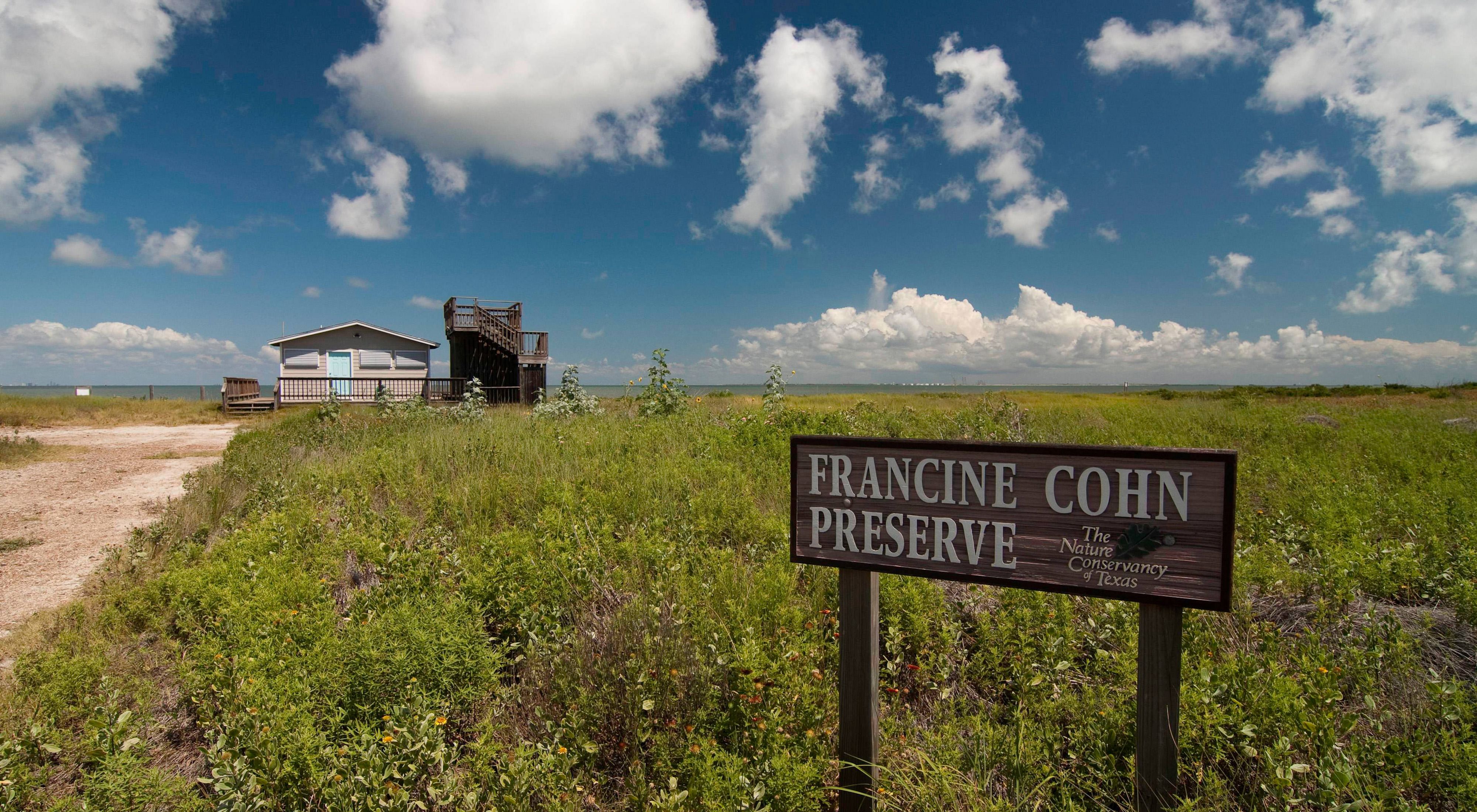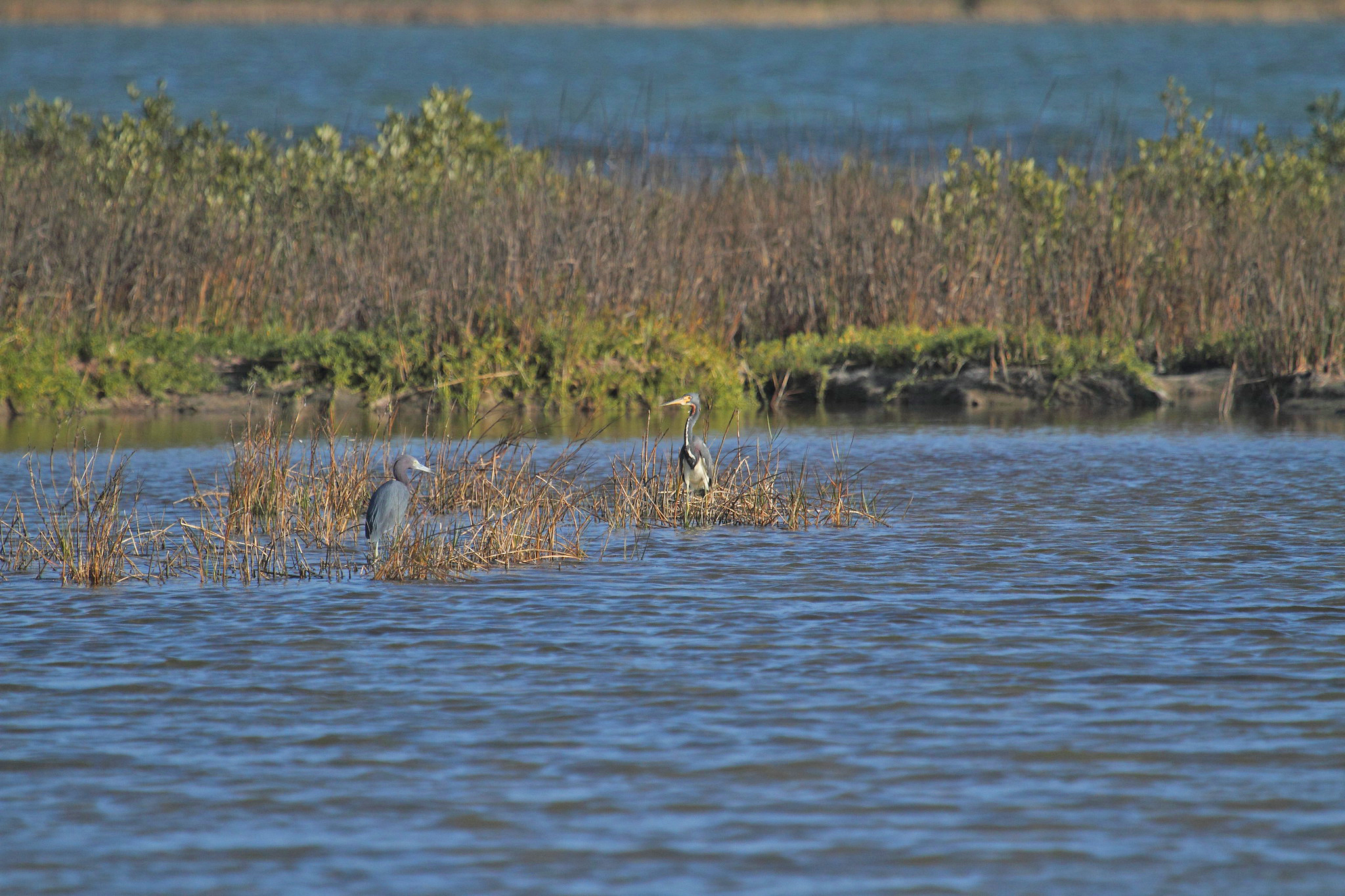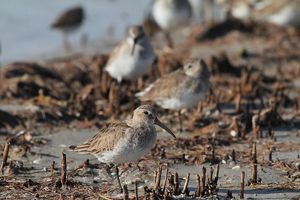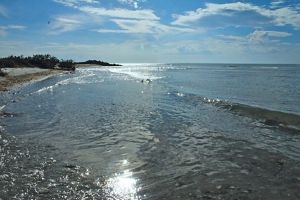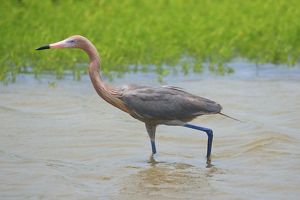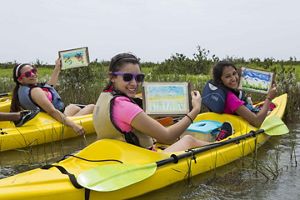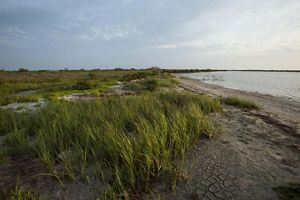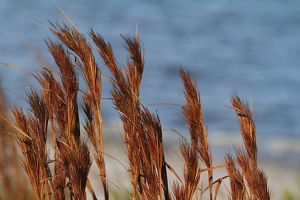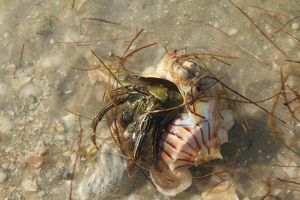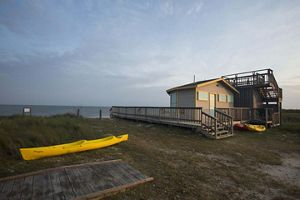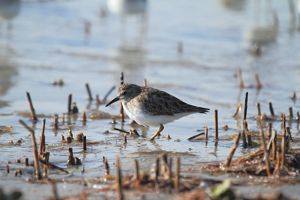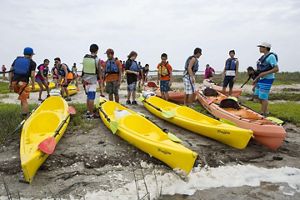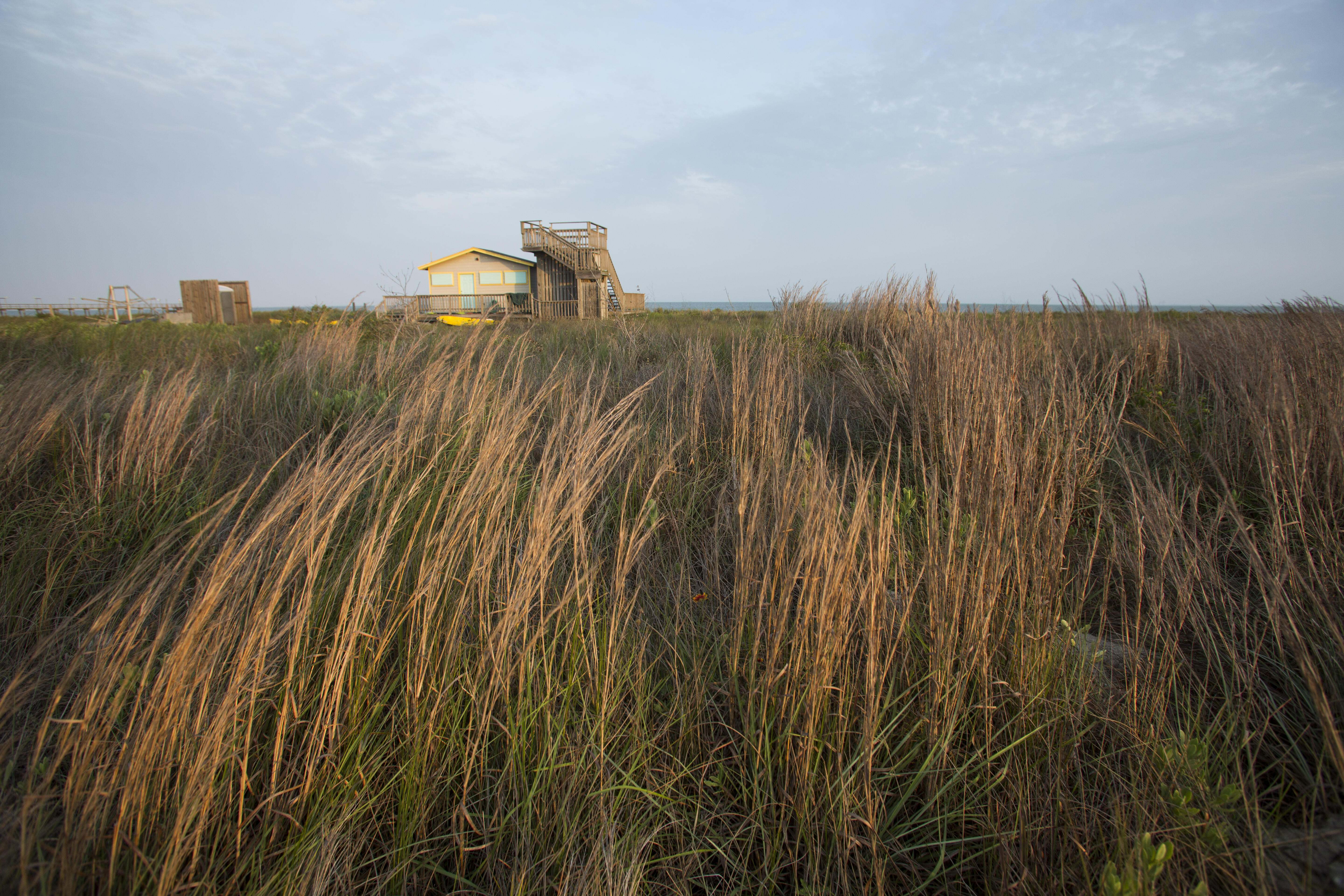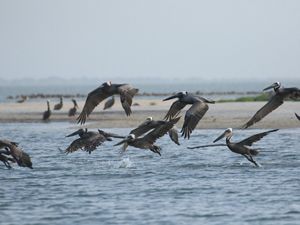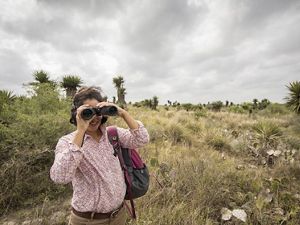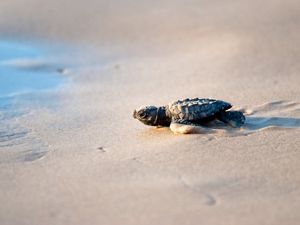Description
Sitting just off the Texas coast in the Gulf of Mexico is a string of barrier island refuges for wildlife. One of the “pearls” in this string is the Francine Cohn Preserve, just south of Port Aransas on the bay side of Mustang Island’s western shoreline. This 410-acre preserve is about a mile from The Nature Conservancy (TNC)'s Shamrock Island Preserve, one of the most important nesting sites for colonial waterbirds. As a result, Francine Cohn’s saltwater lagoons serve as a foraging site for rare and other waterbird species at this island rookery. Migrating and resident songbirds, shorebirds, waterfowl, raptors and wading birds also use the area for feeding, resting and roosting.
The preserve’s saltwater lagoons are full of expansive seagrass beds fringed with smooth cordgrass and black mangroves as well as glassworts on saltflats. Upland coastal grasslands of the preserve showcase gulf cordgrass and seacoast bluestem.
